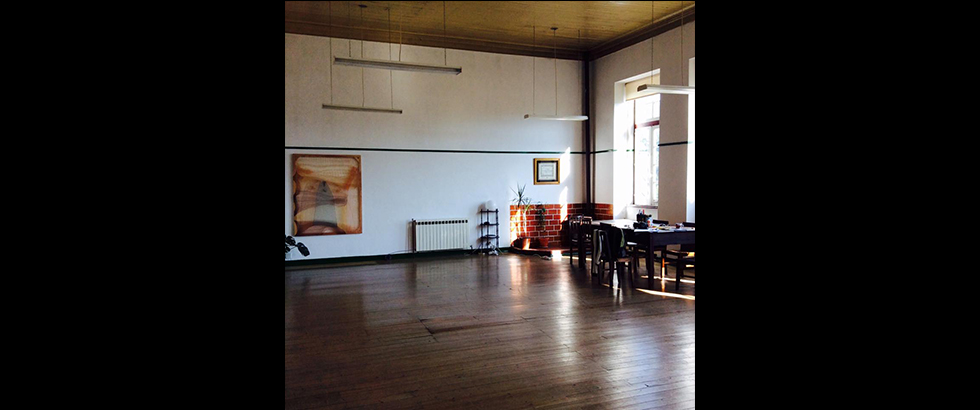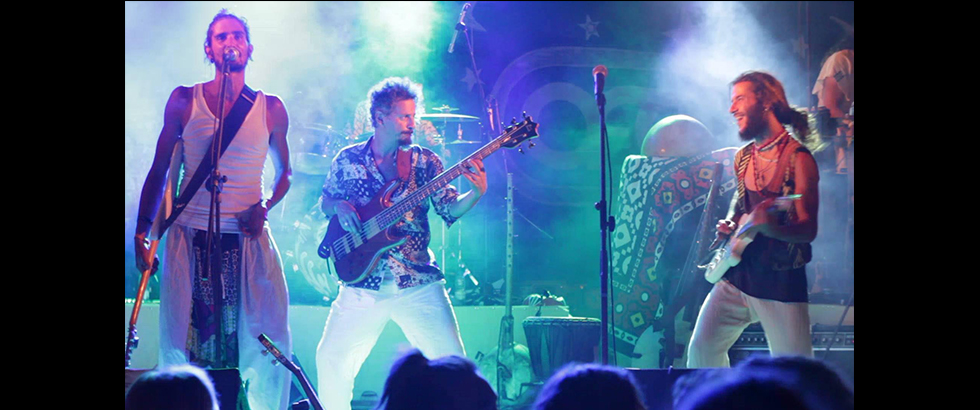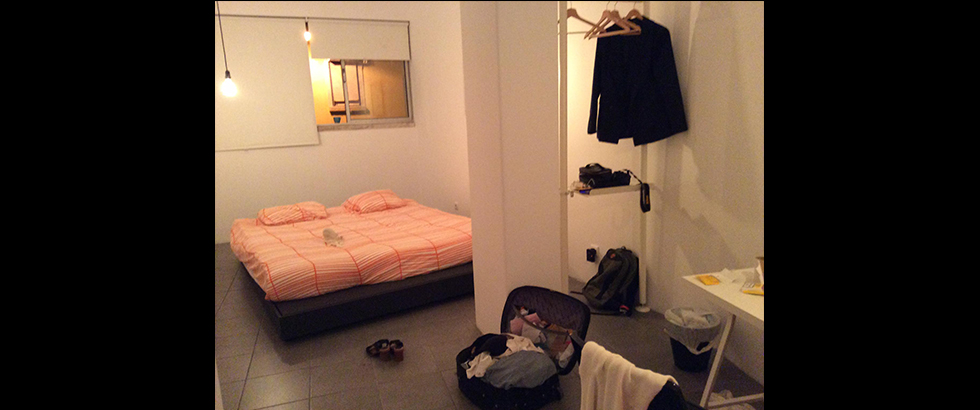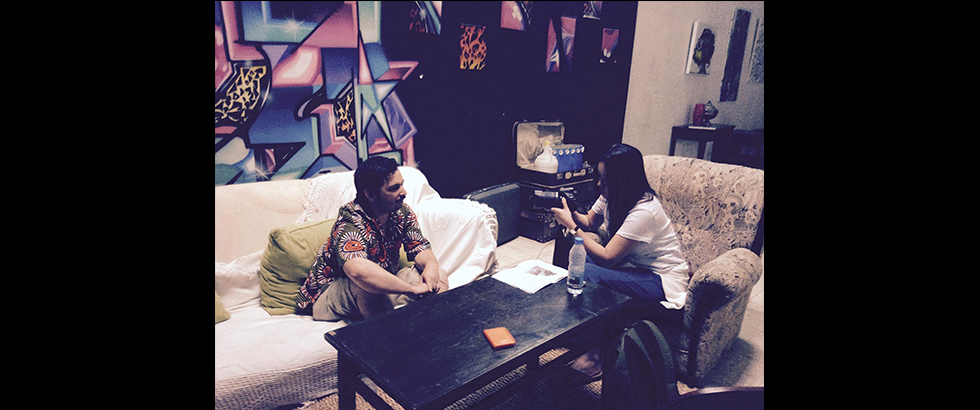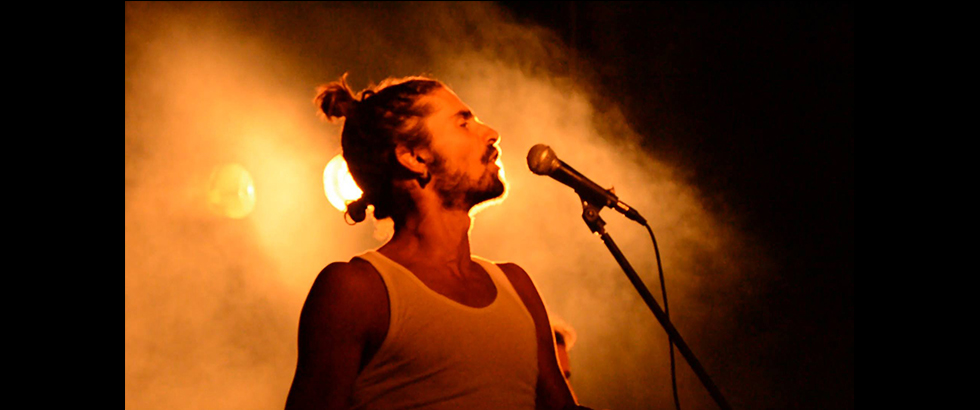Artists
Photo Credit: NIU Chun-Chiang
PU H.S. Marina
PU H.S. Marina
| Location | Portugal |
|---|---|
| Residency | HANGAR |
| Year of the Grant | 2015 |
| Work | Identidades Inquietas |
She has been the assistant professor in the Department of Multimedia Design at Takming University of Science and Technology in Taipei, Taiwan since 2014.
Having based in the Taiwan, the UK, Europe, and China since 1999, Marina H. S. Pu obtained a BA degree in Fine Arts from Taipei National University of Arts, and an MA degree in filmmaking from the University of Edinburgh in the UK (2008).
Her films have been selected by and presented in international film festivals in Europe and Taiwan, as well as the BBC.
She currently teaches at Takming University in Taipei, and works independently as a documentary producer and director in Taiwan, the UK and Europe, collaborating with international filmmakers and artists.
Her recent projects are ‘Disquiet identity’, developed in Taiwan, Japan, and Europe, and ‘Land of the Gods’, produced in the Indian Himalaya.
Thoughts on the Residency Program:
My project, as well as my field of expertise, is documentary film and video. The artist village assisted with coordinating related production and shooting affairs, but artists mostly worked independently. Therefore, I employed local professional production assistant and cinematographer.
The cinematographer an I worked together, as we each operated a camera, and he sometimes helped with sound recording during some interviews.
Through this mode, I contacted many major local production resources, including music producer and independent distributor, renowned band, and costume designer. I was also able to find local volunteer/musician and music students living in poor communities with high crime rates outside of Lisbon, and shot an extensive footages. These were all important materials for this work. With this residency opportunity in Lisbon, I went downtown Lisbon for shooting, and we also worked in a small town outside of the city. I also went to Faro, a major southern city, to capture traditional Portuguese summer village events and concerts. We captured rich contents for the project, and the process was rather smooth.
The theme of this film is a study on the motives of the random killing that took place at Taipei MRT, as well as prevention of similar crimes. Therefore I opted to focus on art and creative professionals in Portugal, and even more on music professionals, students, and teachers. They are the main subjects of my interviews differentiated from other phases of the project.
During my time in Lisbon, the residency program allowed us to very much blend in with local communities, where I tried to learn the cultural differences in a foreign country.
As for Gois, because it was a mountainous town and a tourist attraction, we were accommodated in a small village, where I lived with a Serbian and a British artist. It was summer, and there were many village parties. We attended most of these parties, and shot in the villagers’ activities. The people in the town were more reserved and conservative, and did not react as welcoming to the shooting. They also refrained from discussing crime related topics. There were local police squad and citizens self-defense force to ensure community safety. Their attitudes towards foreign visitors varied, some were more defensive; the people were not as fluent in English, and we relied mostly on Portuguese to communicate with the villagers. Therefore, we needed help form the artist village to communicate with the local people and make transportation arrangements. The artist village provided bicycles, but we had to ride all the way down to the foot of the mountain, and needed to pay attention to safety. Restaurants and shops close in the evening, and summer parties usually proceed till 3 am. Also, we had fewer subjects here for interviews as our subjects included a retired English couple, who were both artists, and a theater instructor. In terms of exhibitions, many professionals participated in these events, but the general public did not partake in cultural activities as much. Overall speaking, the host of the residency program was very professional and hospitable, but people were not as welcoming as people in Lisbon because it was a remote area.
